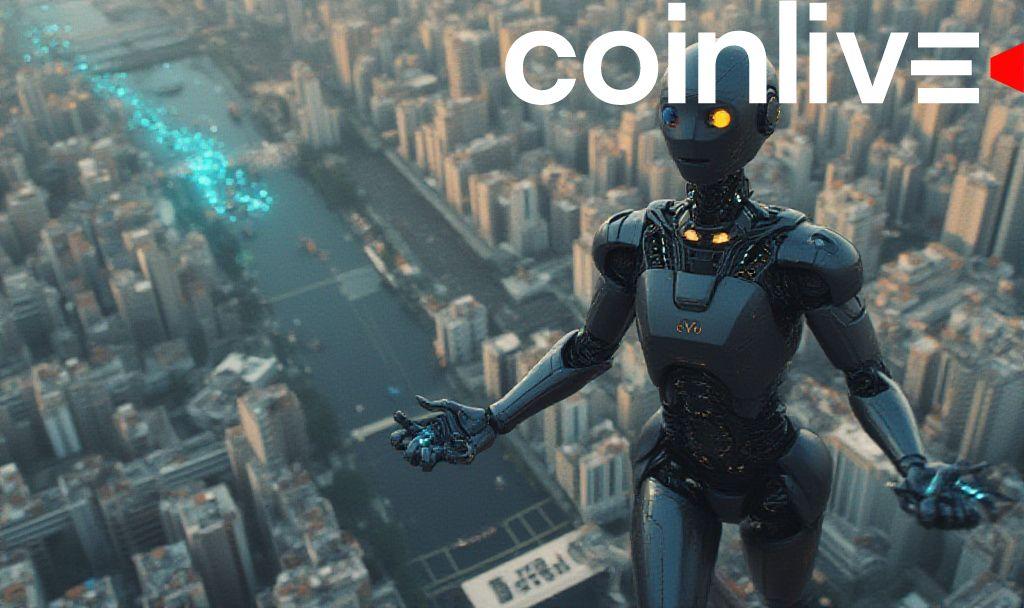- Tether AI to integrate Bitcoin, USDT.
- No external funding disclosed.
- Open-source, modular AI platform.
Paolo Ardoino’s Overview
Paolo Ardoino, a key figure in Tether, detailed the AI platform as modular and decentralized. The system promises integration with Bitcoin and USDT, emphasizing a peer-to-peer network of AI agents without central points of failure.
“A completely open-source AI runtime, capable of adapting and evolving on any hardware and device, without API keys, without a central point of failure, completely modular and composable, WDK-infused to enable USDT and Bitcoin payments. Tether AI technology will enable an unstoppable peer-to-peer network of billions of AI agents.”
– Paolo Ardoino, CEO, Tether
Tether AI’s runtime is designed to be adaptable on diverse hardware, functioning without API keys. This shift integrates directly with crypto payment systems, with further clarification anticipated upon the SDK’s release in Q3 2025.
Industry Reaction
The announcement has piqued interest among developers and crypto enthusiasts, keen on how AI and blockchain convergence may shape future transactions. With no major regulatory updates thus far, industry reactions focus on the platform’s potential flexibility.
No significant financial impact reported yet as the platform remains in the technical rollout phase. However, the integration of Bitcoin and USDT as payment modes marks a notable change in utilizing AI for financial transactions.
Future Prospects
Currently, discussions on Tether AI are concentrated on its open-source promise, framing it as a potentially censorship-resistant AI network gem. Future reports may reveal broader implications within crypto sectors and technology.
The project reflects broader trends toward decentralization, similar to previous ventures in AI and blockchain. Historical precedents suggest potential boosts in the marketplace, though effects on stability and regulation remain uncertain.
